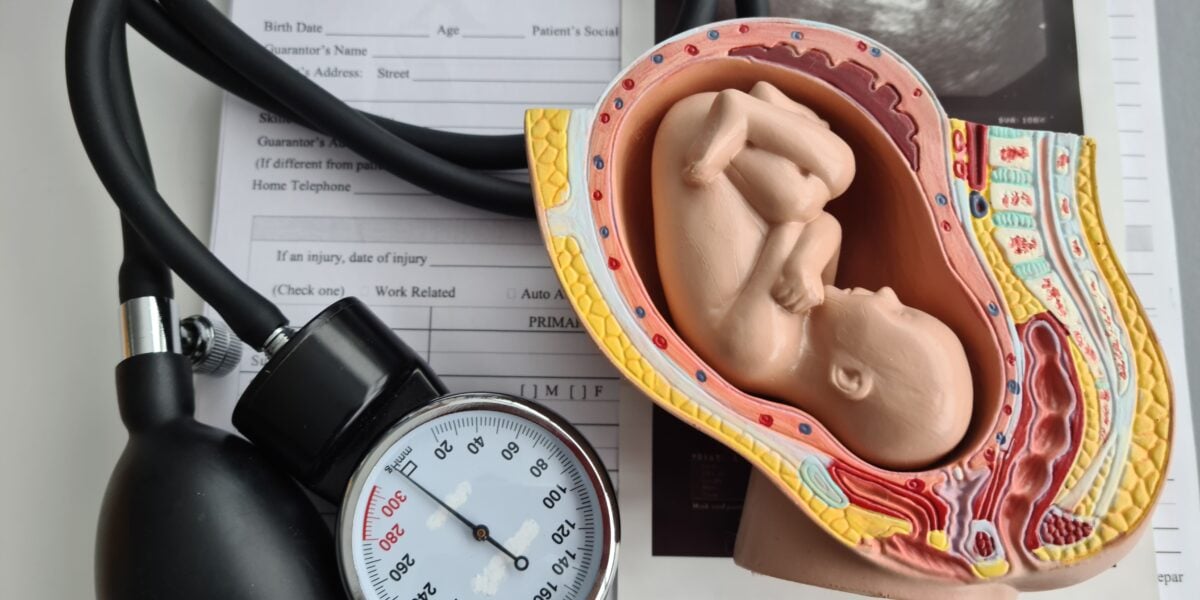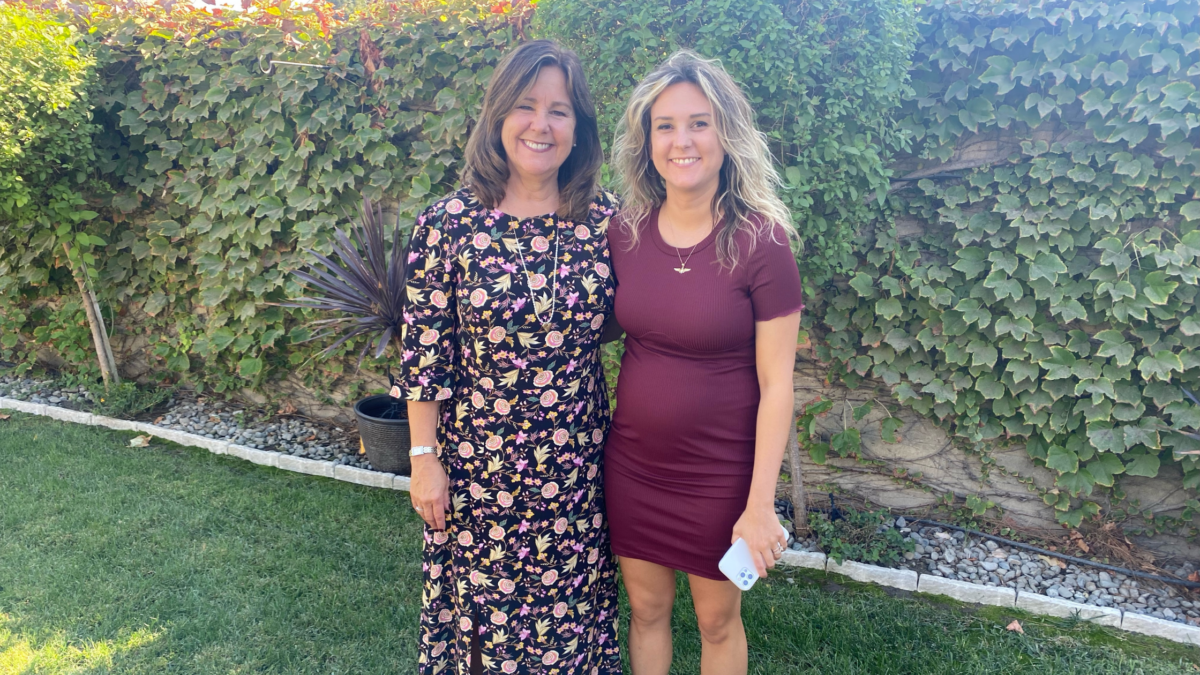Nikki Haley, United States Ambassador to the United Nations, recently held a meeting regarding human rights in North Korea. She invited one defector to speak about the harrowing reality of life in North Korea.
Ji Hyeon-A escaped to China but was caught and repatriated to North Korea. She was three months pregnant when she was forced to have an abortion—without medication in a police station.
“My first child passed away without ever seeing the world,” she said, “without any time for me to apologize.”
This experience is common for North Korean women who become pregnant while in China. Ji Hyeon-A explained that because North Korea does not allow for mixed-race children, women pregnant from their time in China would be forced into harsh labor and, eventually, abortion.
She said, “At night, we heard pregnant mothers screaming and babies died without ever being able to see their mothers.”
Forced abortion is one of many violations of human rights in North Korea. She remembered one horrific scene from a detention center—inmates, who had starved to death, being fed to guard dogs.
She finally escaped to South Korea in 2007, where she was reunited with her mother, brother, and younger sister, but hasn’t yet heard news about her father. Now that she is free to talk openly about her former life in North Korea, she is pleading for the world to act against these injustices. She is urging world leaders to stand up for defectors and those who have been repatriated.
She recited a poem called “Is anyone there?” from a collection of poems she wrote about her time in North Korea.
“I am scared, is anyone there? I’m here in hell, is anyone there? I scream and yell but no one opens the door. Is anyone there? Please listen to our moans and listen to our pain. Is anyone there? People are dying, my friend is dying. I call out again and again but why don’t you answer. Is anyone there?”
In response to her speech, Matthew Rycroft, Britain’s ambassador to the United Nations, said that the crimes described, including forced abortions, were “crimes against humanity.”
Stories of women being forced to have abortions seem far from reality; However, they may be closer to home than it seems. 3 out of 5 post-abortive women felt pressured into their abortions by others. So while a woman might not be literally forced into having an abortion, it is likely she is feeling pressured and coerced by someone close to her.
This too is a crime against humanity — both the humanity of the child and the woman who is forced into making this devastating choice.













